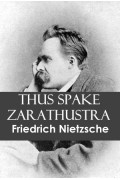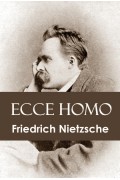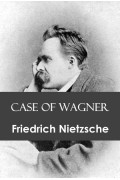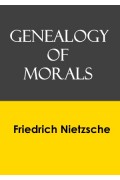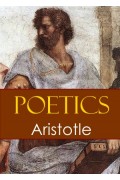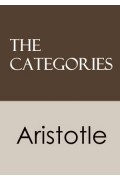All audiobooks
Thus Spake Zarathustra: A Book for All and None
by Friedrich Wilhelm NietzscheThus Spoke Zarathustra: A Book for All and None is a book written during the 1880s by the German philosopher, Friedrich Nietzsche. Hard to categorise, the work is a treatise on philosophy, a masterly work of literature, in parts a collection of poetry and in others a parody of and amendment to the Bible. Consisting largely of speeches by the book's..
Ecce Homo
by Friedrich Wilhelm NietzscheEcce Homo: How One Becomes What One Is is the last original book written by philosopher Friedrich Nietzsche before his final years of insanity that lasted until his death in 1900. It was written in 1888 and was not published until 1908. According to one of Nietzsche's most prominent English translators, Walter Kaufmann, the book offers "Nietzs..
Case of Wagner / Nietzsche Contra Wagner / Selected Aphorisms
by Friedrich Wilhelm NietzscheThe Case of Wagner (German: Der Fall Wagner) is a book by the philosopher Friedrich Nietzsche, originally published in 1888. Subtitled "A Musician's Problem", it has also been known as The Wagner Case in English. The book is a critique of Richard Wagner and the announcement of Nietzsche's rupture with the German artist, who had involved himself too..
Genealogy of Morals
by Friedrich Wilhelm NietzscheOn the Genealogy of Morality: A Polemic is an 1887 book by German philosopher Friedrich Nietzsche. It consists of a preface and three interrelated treatises that expand and follow through on concepts Nietzsche sketched out in Beyond Good and Evil...
Poetics
by AristotleAristotle's Poetics from the 4th century B.C. aims to give a short study of storytelling. It discusses things like unity of plot, reversal of situation, and character in the context of Greek tragedy, comedy and epic poetry. But it still applies today. It is especially popular with screenwriters as seen in many script gurus’ how-to books. (Summary b..
Categories
by AristotleThe Categories is a text from Aristotle's Organon that enumerates all the possible kinds of things that can be the subject or the predicate of a proposition. They are "perhaps the single most heavily discussed of all Aristotelian notions". The work is brief enough to be divided, not into books as is usual with Aristotle's works, but into fifteen ch..
De Anima
by AristotleOn the Soul (Latin De Anima) is a major treatise written by Aristotle. Although its topic is the soul, it is not about spirituality but rather a work in what might best be described as biopsychology, a description of the subject of psychology within a biological framework. His discussion centres on the kinds of souls possessed by different kinds of..
Euthyphro
by PlatoEuthyphro is a Socratic dialogue whose events occur in the weeks before the trial of Socrates, for which Socrates and Euthyphro attempt to establish a definitive meaning for the word piety (virtue). The Euthyphro dialogue occurs near the court of the archon basileus (king magistrate), where Socrates and Euthyphro encounter each other; each man is p..

